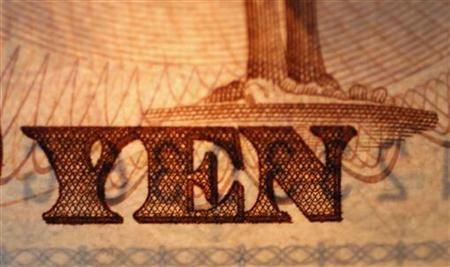Japan Retail Sales Growth Slows Down In May

Japan’s retail sales growth slowed down in May as compared to April, indicating that private consumption being affected by the faltering global economic conditions.
Data released by the Ministry of Economy, Trade and Industry Thursday show that retail sales rose 3.6 percent year-on-year in May, down from the 5.7 percent rise in April. The ministry indicated that the debt crisis looming over the euro zone has caused uncertainty in growth in consumption.
The figures also showed that motor vehicle sales rose 47.3 percent in May, down from the 55.3 percent increase in April. The ministry added that the economy is recovering at a moderate rate.
Earlier this month, Japan reported that its gross domestic product (GDP) rose 1.2 percent in the first quarter as compared to the last quarter of the previous year. The eco-car subsidy helped drive consumer spending and public investment increased as earthquake-related reconstruction work got underway.
The economy should continue to expand over the rest of the year as reconstruction-related expenditure in the tsunami-damaged areas drives the GDP. The International Monetary Fund has already upgraded its forecast on Japan to 2 percent from its earlier 1.7 percent projection.
Meanwhile, the dependence on government support is worrying as a rise of tensions in the euro zone has hurt consumer and business confidence and is likely to weigh on private sector spending as government support weakens.
There is an increase in construction projects due to the tsunami. However, aside from the boost from the reconstruction spending, which largely reflects the replacement of lost assets, economic fundamentals are relatively weak. Business sentiment is lackluster and firms are downbeat about prospects for an improvement before the second half of the year.
In April, the Bank of Japan further eased the monetary policy so that the economy could recover in strength from deflation. The central bank raised the asset purchase program to 40 trillion yen ($494 billion) from 30 trillion yen. This easing, which is the second this year, was seen as a response to the political pressure to fight deflation. The first easing in February certainly helped in weakening the yen and lifting confidence in equity markets.
© Copyright IBTimes 2024. All rights reserved.




















